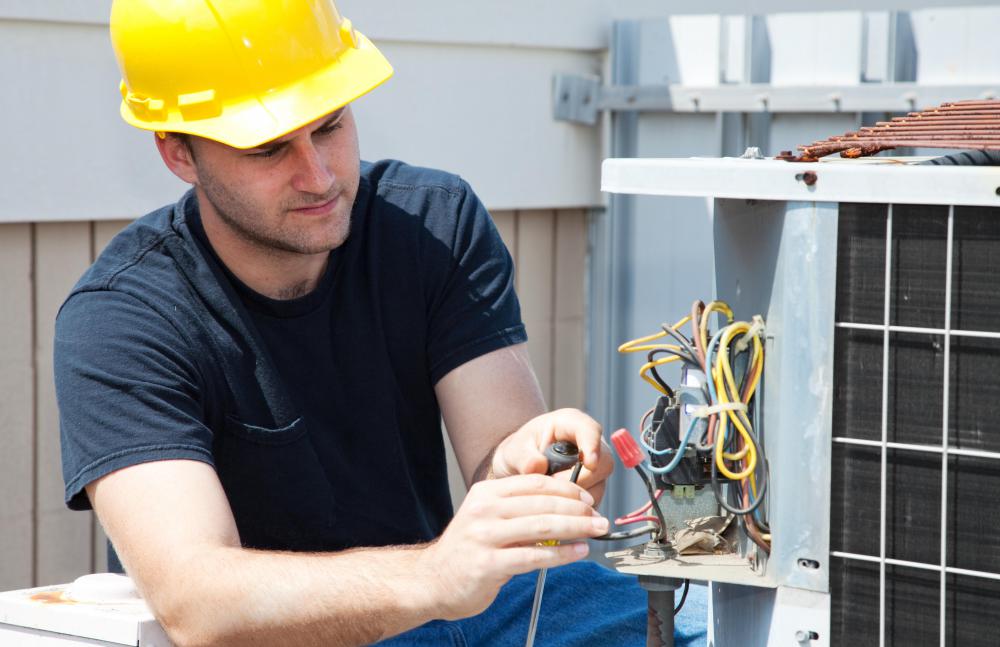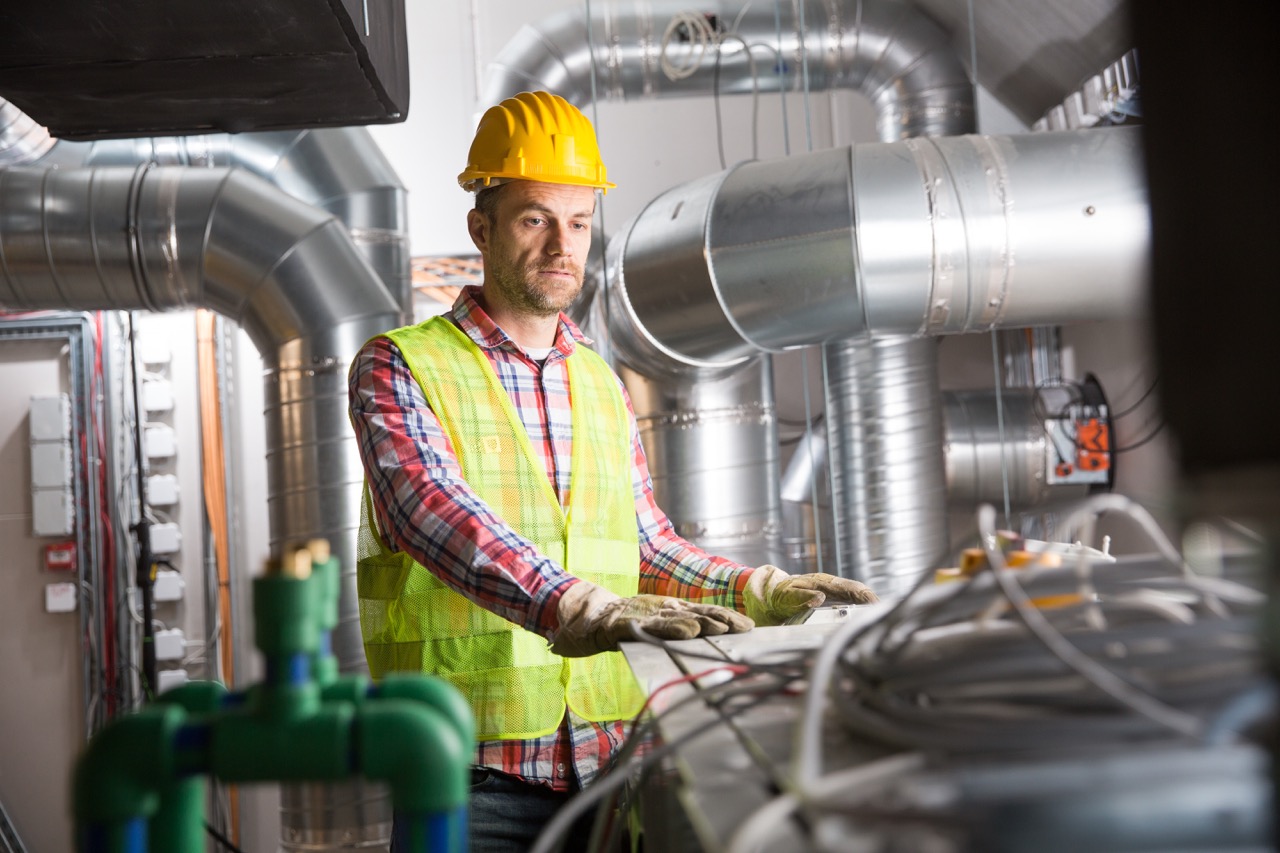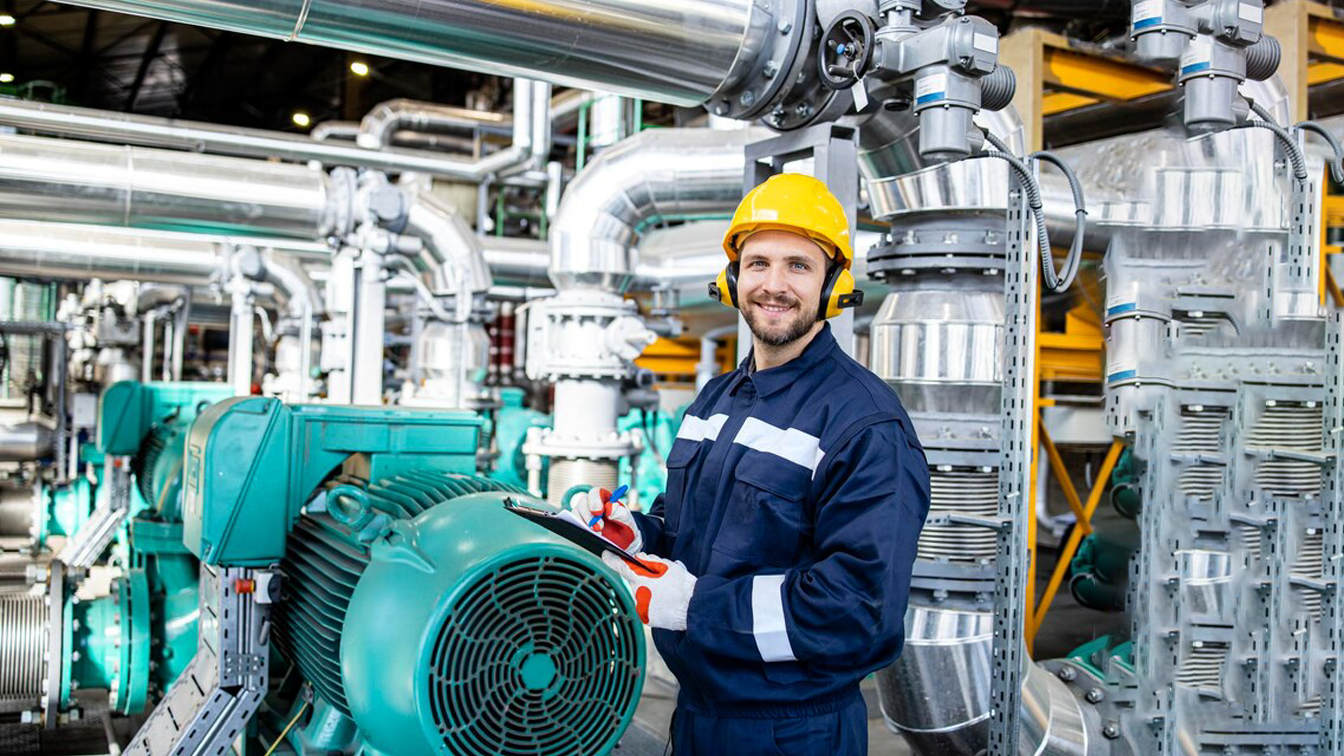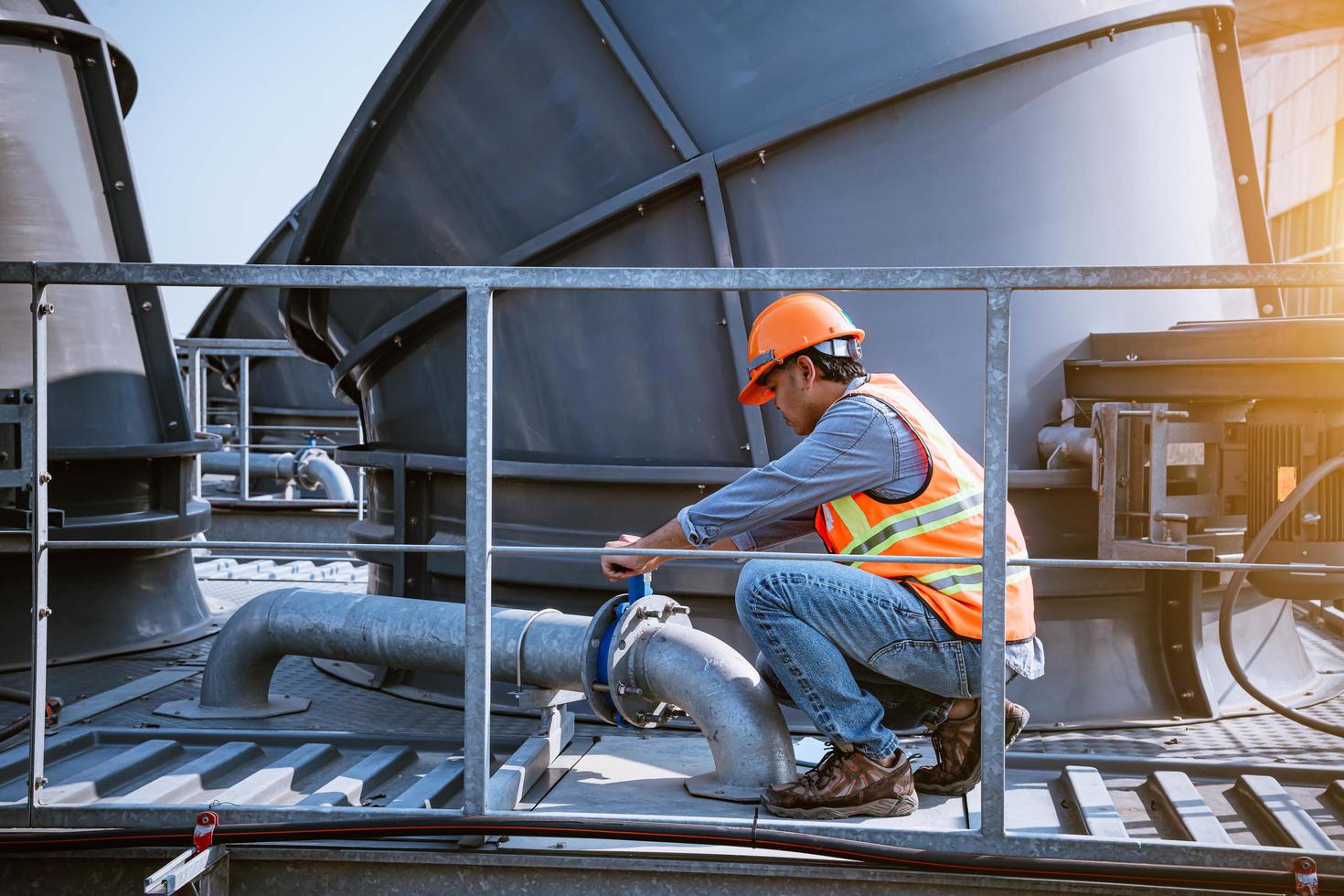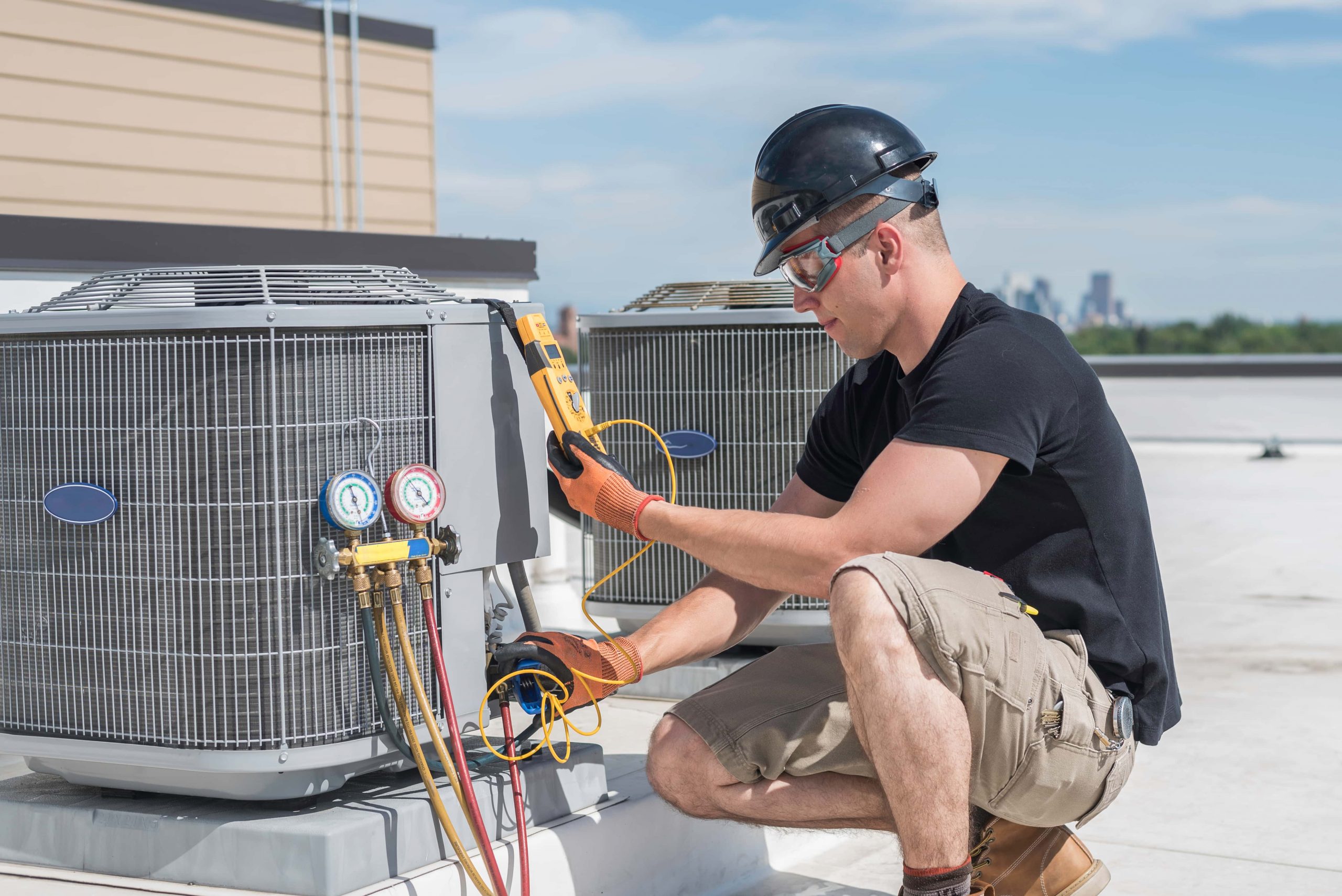What Does A Hvac Engineer Do

Understanding the Role of an HVAC Engineer: From Design to Troubleshooting
HVAC, which stands for Heating, Ventilation, and Air Conditioning, is a complex system responsible for maintaining comfortable and healthy indoor environments. While you might be familiar with calling an HVAC technician for routine maintenance or repairs, the brains behind these systems often belong to an HVAC engineer. But what exactly does an HVAC engineer do? This article will break down their role, responsibilities, and how they differ from technicians, providing valuable insight for homeowners, DIY enthusiasts, and those considering a career in the HVAC field.
The HVAC Engineer: A System Designer and Problem Solver
An HVAC engineer is a professional who applies engineering principles to design, develop, and maintain HVAC systems. They are involved in all aspects of the system, from initial design and calculations to installation, testing, and ongoing optimization. Their expertise ensures that HVAC systems are efficient, effective, and compliant with safety and environmental regulations.
Key Responsibilities of an HVAC Engineer
The day-to-day tasks of an HVAC engineer can vary depending on their specific role and the company they work for. However, some common responsibilities include:
- System Design and Planning: This involves calculating heating and cooling loads, selecting appropriate equipment (furnaces, air conditioners, heat pumps, ventilation systems), and designing ductwork and piping layouts. Accurate load calculations are critical; undersized systems won't provide adequate comfort, while oversized systems waste energy.
- Equipment Selection: Choosing the right equipment for a specific application requires in-depth knowledge of various manufacturers, models, and their performance characteristics. Engineers consider factors like efficiency (SEER, AFUE, HSPF ratings), capacity, noise levels, and cost.
- Building Information Modeling (BIM): Many HVAC engineers use BIM software to create detailed 3D models of HVAC systems, allowing them to visualize the system in relation to the building's architecture and other mechanical systems. This aids in clash detection and ensures proper coordination.
- System Testing and Commissioning: After installation, HVAC engineers play a crucial role in testing and commissioning the system to ensure it performs as designed. This includes measuring airflow, temperature, pressure, and electrical parameters to verify proper operation and identify any potential issues.
- Troubleshooting and Diagnostics: When HVAC systems malfunction, engineers may be called upon to diagnose complex problems and develop solutions. This requires a thorough understanding of system operation and the ability to interpret data from various sensors and diagnostic tools.
- Energy Efficiency and Sustainability: HVAC engineers are increasingly focused on designing and optimizing systems to minimize energy consumption and reduce environmental impact. This includes incorporating energy-efficient equipment, implementing control strategies like variable speed drives, and utilizing renewable energy sources.
- Compliance and Regulations: HVAC systems must comply with various building codes, energy efficiency standards, and environmental regulations. Engineers ensure that their designs meet all applicable requirements and obtain necessary permits.
- Project Management: From large-scale commercial projects to smaller residential installations, HVAC engineers often manage projects from start to finish, coordinating with architects, contractors, and other stakeholders.
HVAC Engineer vs. HVAC Technician: Understanding the Difference
While both HVAC engineers and HVAC technicians work with HVAC systems, their roles and responsibilities are distinct. Think of the engineer as the architect and the technician as the builder.
- HVAC Engineer: Focuses on the design, planning, and optimization of HVAC systems. They have a strong theoretical understanding of thermodynamics, fluid mechanics, and heat transfer. They typically hold a bachelor's degree in mechanical engineering or a related field.
- HVAC Technician: Focuses on the installation, maintenance, and repair of HVAC systems. They have practical skills in working with tools, diagnosing problems, and replacing components. They typically have completed vocational training or an apprenticeship program.
In short, technicians implement the designs created by engineers. A technician might replace a faulty compressor, while an engineer would determine the optimal compressor size for a new building.
When to Call an HVAC Engineer (Instead of a Technician)
Most homeowners will interact with HVAC technicians for routine maintenance and repairs. However, there are situations where an HVAC engineer's expertise is required:
- New Construction or Major Renovations: Designing the HVAC system for a new home or a major renovation requires a thorough understanding of building codes, energy efficiency standards, and system performance. An engineer can ensure that the system is properly sized and designed to meet the building's specific needs.
- Complex System Problems: If you're experiencing persistent HVAC problems that a technician can't resolve, an engineer may be needed to diagnose the underlying cause and develop a solution. This is especially true for systems with intricate control systems or unusual configurations.
- Energy Efficiency Upgrades: If you're looking to significantly improve the energy efficiency of your HVAC system, an engineer can assess your current system, identify opportunities for improvement, and recommend appropriate upgrades.
- Indoor Air Quality Issues: HVAC engineers are knowledgeable about indoor air quality and can help design systems that provide proper ventilation and filtration to improve air quality.
- Commercial HVAC Systems: Commercial HVAC systems are typically more complex than residential systems and require the expertise of an engineer for design, installation, and maintenance.
DIY HVAC Troubleshooting: What You Can (and Shouldn't) Do
While some HVAC tasks are best left to professionals, there are several DIY troubleshooting steps that homeowners can take to identify and resolve minor issues. Always prioritize safety and turn off the power to the HVAC system before attempting any repairs.
DIY Tasks:
- Check the Thermostat: Ensure the thermostat is set to the correct temperature and mode (heating or cooling). Replace the batteries if necessary.
- Inspect Air Filters: Dirty air filters restrict airflow and can cause a variety of problems. Replace air filters regularly (typically every 1-3 months).
- Clear Outdoor Unit: Remove any debris (leaves, branches, snow) from around the outdoor unit. Ensure that the unit has adequate clearance for proper airflow.
- Check Circuit Breakers: Make sure the circuit breaker for the HVAC system hasn't tripped. Reset the breaker if necessary.
- Inspect Ductwork (Visually): Look for any obvious leaks or damage to the ductwork. Seal any small leaks with duct tape.
- Clean Condensate Drain Line: A clogged condensate drain line can cause water damage and prevent the system from operating properly. Clear the drain line with a wet/dry vacuum or a stiff wire.
Tasks to Avoid (Call a Professional):
- Refrigerant Handling: Refrigerant is a hazardous substance and requires specialized equipment and training to handle safely. Never attempt to add or remove refrigerant yourself.
- Electrical Work: Working with electricity can be dangerous. If you're not comfortable working with electrical wiring, call a qualified electrician or HVAC technician.
- Gas Line Repairs: Gas leaks can be extremely dangerous. If you suspect a gas leak, evacuate the area immediately and call your gas company or a qualified HVAC technician.
- Compressor Repairs: The compressor is the heart of the air conditioning system and requires specialized knowledge and equipment to repair.
- Any Repair That Requires Opening the Sealed Refrigerant System: This requires EPA certification and specialized recovery equipment.
Common HVAC Problems and Estimated Repair Costs
Here's a breakdown of common HVAC problems and their approximate repair costs. Note that these are just estimates, and the actual cost may vary depending on your location, the complexity of the repair, and the contractor you choose. It's always a good idea to get multiple quotes before proceeding with any repairs.
| Problem | Possible Cause | Estimated Repair Cost |
|---|---|---|
| No Heat or Cool Air | Thermostat malfunction, tripped breaker, dirty air filter, refrigerant leak, compressor failure | $100 - $2,000+ (depending on the cause) |
| Uneven Heating or Cooling | Ductwork leaks, blocked vents, improperly sized system | $100 - $1,000+ (depending on the cause) |
| Strange Noises | Loose components, failing motor, refrigerant leak | $100 - $800+ (depending on the cause) |
| Water Leaks | Clogged condensate drain line, cracked drain pan | $75 - $500+ (depending on the cause) |
| High Energy Bills | Inefficient equipment, ductwork leaks, poor insulation | Varies widely depending on the solution |
Important Note: These are rough estimates. More complex issues involving compressor replacement, evaporator coil replacement, or furnace heat exchanger replacement can easily exceed $2,000 or more. Regular HVAC maintenance can help prevent these costly repairs.
Conclusion: Knowing When to Call for Help
Understanding the role of an HVAC engineer and knowing when to call on their expertise can save you time, money, and frustration. While DIY troubleshooting can be helpful for minor issues, it's important to recognize the limitations of your skills and equipment. Don't hesitate to contact a qualified HVAC professional for complex problems, safety concerns, or situations where specialized knowledge is required. A well-maintained and properly designed HVAC system not only keeps you comfortable but also contributes to a healthier and more energy-efficient home.




